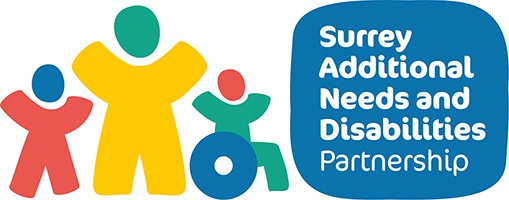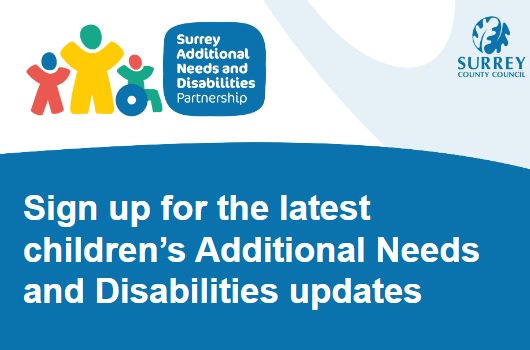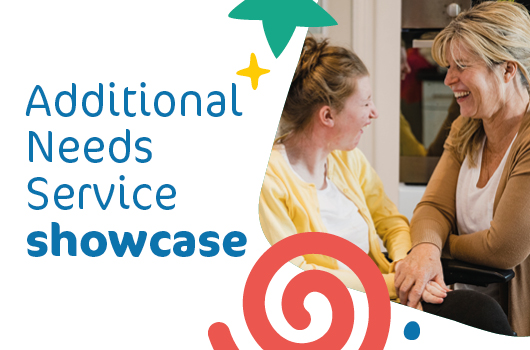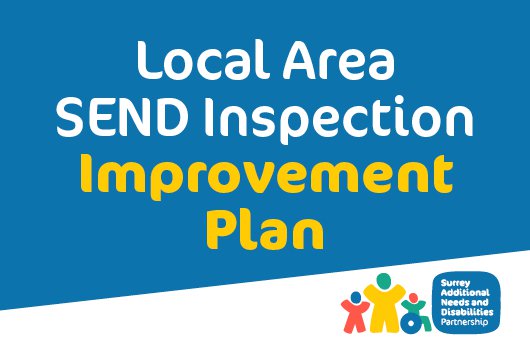
On this page you will find news stories on a range of topics for families, children and young people.
This includes information from Surrey's Local Offer for children and young people with additional needs, their families and the practitioners who help them.
Our newsletters
If you are a family member of children and young people with additional needs and disabilities, or one of the practitioners who help them, subscribe to our Additional Needs and Disabilities (AND) Update.
 You can also stay up to date with more general monthly news, support and events for all families in Surrey by signing up to our Family Matters e-newsletter.
You can also stay up to date with more general monthly news, support and events for all families in Surrey by signing up to our Family Matters e-newsletter.







